Dhaka, Oct 06 (V7N) — Environment, Forest and Climate Change Adviser Syeda Rizwana Hasan emphasised the need for regional cooperation to effectively confront the growing challenges of climate change. She made these remarks during the 'Annual Community of Practice (COP) Network Convention' organized by the Foundation for Humanity's 'Empowerment: Women for Climate Resilient Society (Phase 2)' project, held on Sunday morning.
Speaking at the event, Rizwana Hasan stressed the importance of collaboration between upstream and downstream countries to manage the effects of climate change, particularly in water management. "Upstream and downstream countries must work together," she remarked, highlighting the significance of cooperation in addressing issues such as floods and the release of water without prior warning.
The adviser also noted that Bangladesh will present its case next month at a global forum, drawing attention to how developed countries, which contribute significantly to climate change by burning more fossil fuels, have yet to fulfil their financial commitments to the Loss and Damage fund. "Developed countries talk big but don't pay," she stated, while commending Sweden for being an exception.
Rizwana Hasan also underscored the connection between climate change and extreme weather events like floods, noting that heavy rains and poor upstream water management exacerbate such crises. She warned that without a unified water policy and continued efforts to address climate challenges, the risks of food shortages and other severe impacts will increase in the future.
The adviser reaffirmed the government's commitment to addressing food shortages and tackling the broader effects of climate change on the nation's vulnerable populations.
END/MSS/AJ



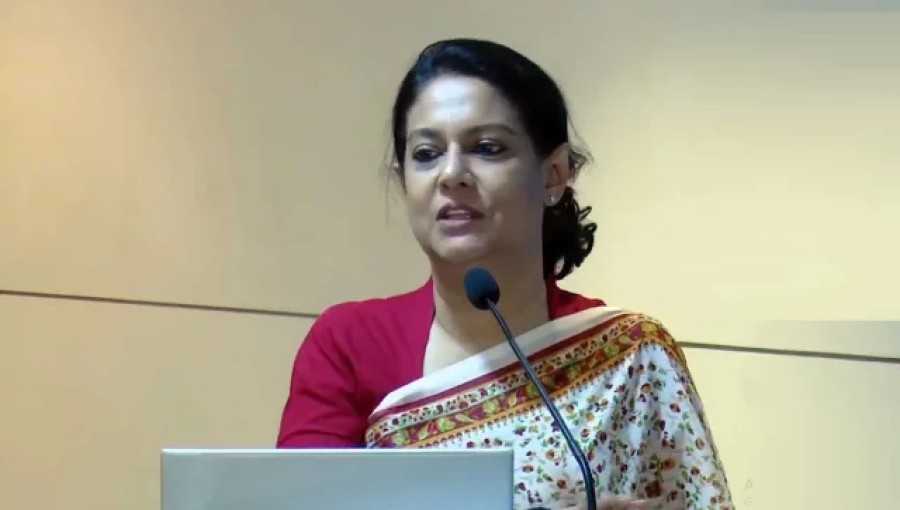

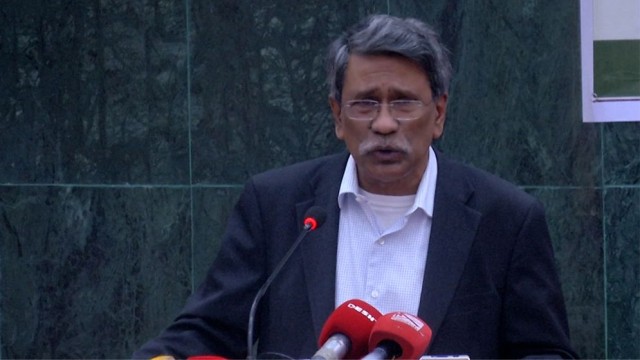

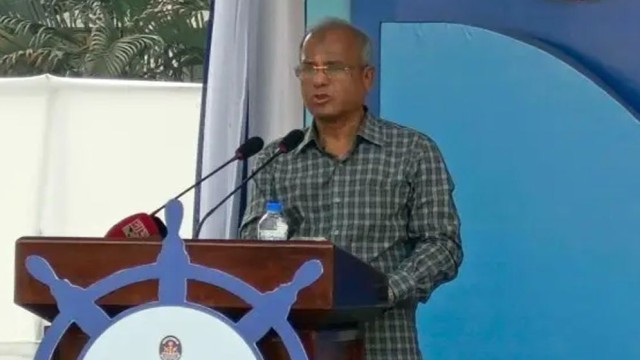
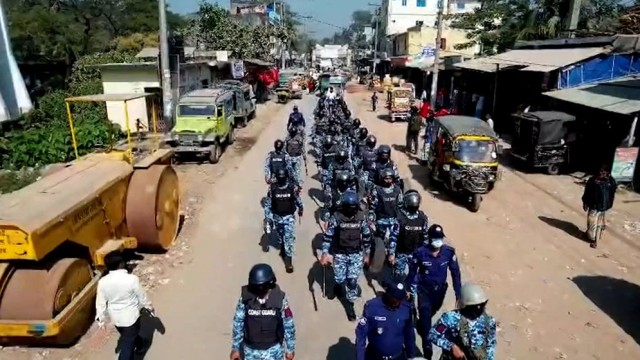

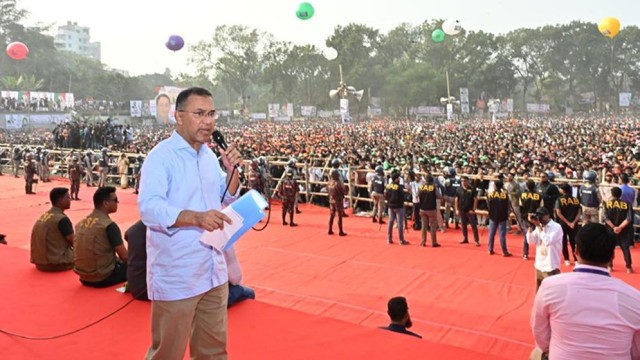




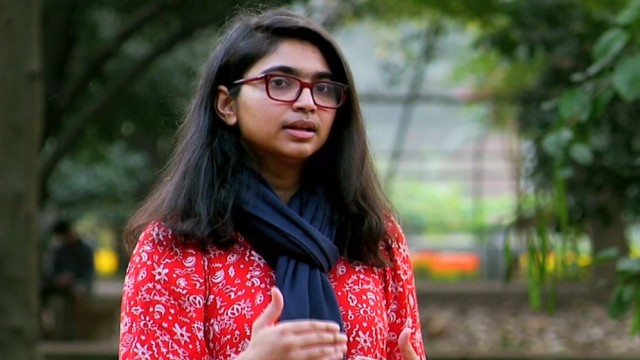
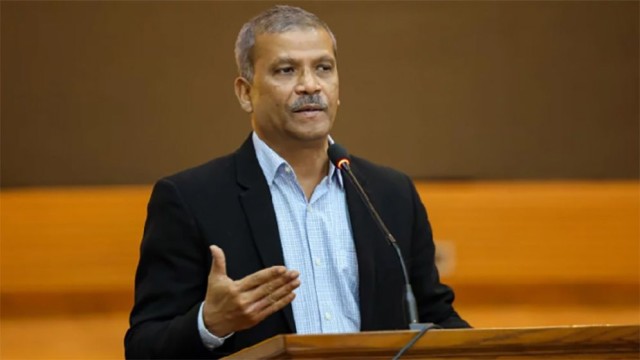














Comment: